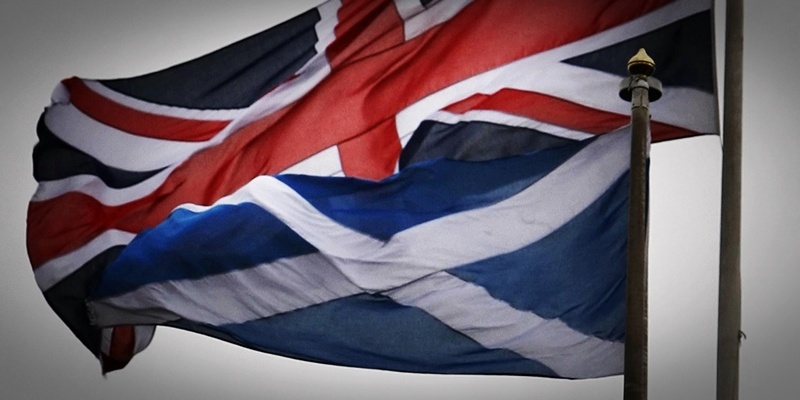MSPs have agreed to a sweeping transfer of power from London to Edinburgh.
The Scottish Parliament unanimously agreed to support UK legislation giving Holyrood much greater tax and borrowing responsibilities.
The Scotland Bill, which will be given a final rubber stamp at Westminster next week, will allow Scottish ministers to raise up to £6 billion of its budget and to borrow more than £2 billion.
The legislation, which has been the source of major contention between the UK and Scottish Governments, will also see control over drink-drive laws, national speed limits and air weapons moved to Holyrood.
It also devolves a role in appointments to broadcasting and the Crown Estate, and a new procedure for Scottish criminal cases that go to the UK Supreme Court.
Prime Minister David Cameron said the move is a ”major milestone” for the Scottish constitution.
He added: ”I promised that I would deliver on devolution and next week should see the bill pass through Westminster. This is a major milestone in the constitution of Scotland, with more responsibility and accountability handed to Scots.”
But despite agreeing the terms, Scottish Government strategy minister Bruce Crawford branded the bill a ”missed opportunity”.
”The Scottish Government freely admits we would like more: Scotland can, should and will be independent,” said the Stirling MSP. ”However, the SNP have never stood in the way of any legislation which can help the people who live in Scotland.”
But the SNP Government was mocked by opposition politicians for conceding five of six demands they originally made for changes to the bill.
The UK Government rejected calls for responsibility for corporation tax, the Crown Estate, excise duties, broadcasting and a formal role in EU meetings.
Conservative MSP David McLetchie said the Scottish Government position is ”either a humiliating climbdown or a tactical retreat”.
Michael Moore, the Scottish Secretary in the UK Government, said: ”The strength of the vote tonight shows that MSPs across the chamber recognise that the Scotland Bill is a good thing for individuals, families and communities across Scotland.
”There were times when it sounded like the Scottish Government would not support this transfer of powers. However, I am glad that the Scottish Government and Parliament have now chosen to come on board and support a bill that will further empower the Scottish people and make the Parliament more accountable to them.”
The new tax powers will give ministers the ability to raise between £5 billion and £6 billion of its budget, on top of around £4 billion currently raised through council tax and business rates.
Scottish ministers will be able to raise up to £2.2 billion in capital borrowing, limited to 10% of the Scottish budget each year.
For revenue, Scottish ministers will be able to borrow £200 million a year from the UK Government, capped at a cumulative total of £500 million.
Labour’s Shadow Secretary of State for Scotland Margaret Curran said: ”The Parliament will rightly be in charge of raising a significant proportion of the money it spends, making it more accountable.”
Photo by Danny Lawson/PA Wire
